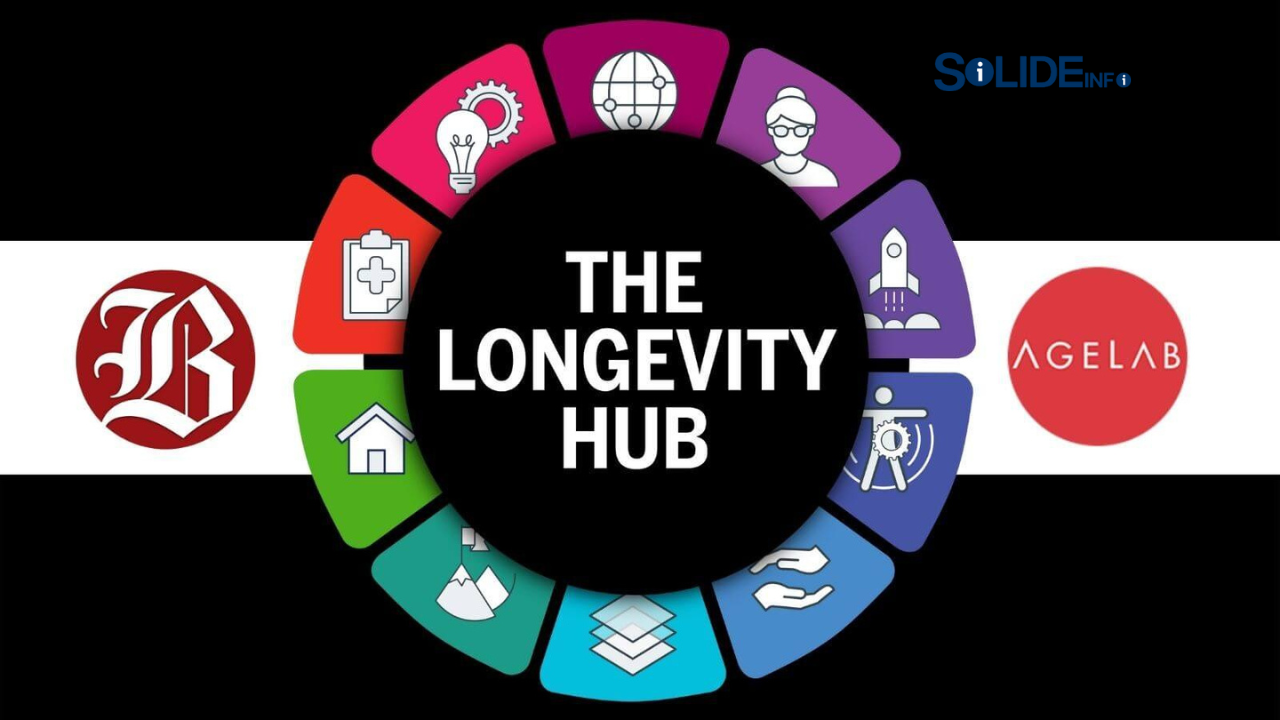Silicon Valley’s latest trend isn’t another social media app or self-driving car—it’s the quest to extend human life. The rise of longevity startups has become the tech world’s new obsession, with entrepreneurs and investors pouring billions into research aimed at slowing aging, reversing diseases, and even achieving “biological immortality.” From gene editing to AI-driven drug discovery, these companies are redefining what it means to grow old, blending cutting-edge science with Silicon Valley’s trademark ambition. But as the industry grows, so do questions about ethics, accessibility, and the societal implications of radically prolonged lifespans.
The Science Behind Extending Human Lifespan
Longevity startups are leveraging breakthroughs in biotechnology, artificial intelligence, and regenerative medicine to tackle aging at its roots. Companies like Altos Labs and Calico Life Sciences are exploring cellular reprogramming, a process that could reset cells to a younger state, while others focus on senolytics—drugs that eliminate aging cells. AI plays a pivotal role, analyzing vast datasets to identify aging biomarkers or predict which compounds might delay age-related decline. This fusion of disciplines has turned what was once science fiction into tangible research, attracting top scientists and tech innovators eager to disrupt mortality itself. However, critics argue that many claims remain speculative, emphasizing the need for rigorous clinical validation.
Venture Capital’s Bet on Immortality
Silicon Valley’s fascination with longevity isn’t just academic—it’s a booming business. Venture capital firms like Andreessen Horowitz and Founders Fund have invested heavily in startups such as Retro Biosciences and Unity Biotechnology, betting that anti-aging therapies will become the next trillion-dollar industry. Even tech luminaries like Jeff Bezos and Peter Thiel have joined the race, funding projects that range from blood rejuvenation to organ regeneration. The sector’s growth is also fueled by advancements in data security, as protecting sensitive genetic and health data becomes critical. Yet, the hype raises concerns: Will these therapies benefit everyone, or deepen existing inequalities in healthcare access?
Ethical Questions and the Future of Aging
As longevity research accelerates, it forces society to confront profound ethical dilemmas. Who gets access to life-extending treatments if they’re prohibitively expensive? Could overpopulation or resource strain offset the benefits of longer lives? Regulatory bodies like the Cybersecurity and Infrastructure Security Agency are already grappling with how to safeguard biotech innovations from cyber threats, while bioethicists warn against unintended consequences. Meanwhile, startups are navigating uncharted territory, balancing optimism with responsibility. The conversation isn’t just about living longer—it’s about ensuring that longer lives are healthier, fairer, and aligned with broader societal values. For more on emerging tech trends, explore our cybersecurity category.



